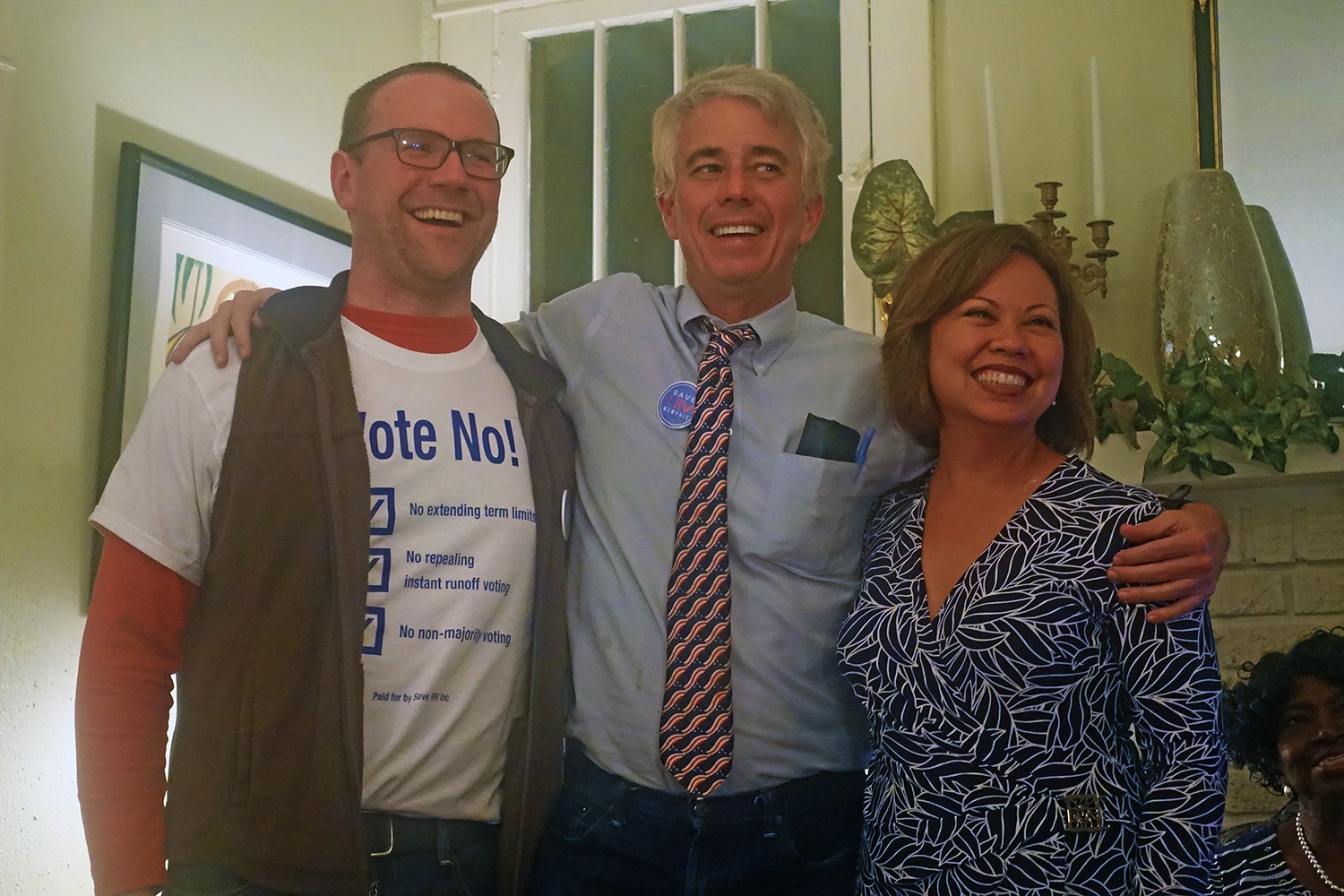Ripple in still water
When there is no pebble tossed
Nor wind to blow …
— Robert Hunter
“I’m like Roger Stone, only nice.”
I awoke from a dream the other night in which I’d just uttered these words. To whom, I don’t know, nor do I know the context — just that I’d said to someone that I was like political sleazeball Roger Stone. Only nice.
I can only credit this to the political brain fog in which I’d spent most of my waking hours over the preceding couple of weeks. I watched CNN, MSNBC, and Fox on rotation each night. I relentlessly doom-scrolled my Twitter politics feed. I read countless analyses in The New York Times, Wall Street Journal, and Washington Post. I scoured websites for new polls and approval ratings percentages.
The conclusion was the same everywhere: The GOP’s messaging on inflation and crime was striking a chord with the electorate. Roe v. Wade was yesterday’s news; that fervor had peaked and faded, replaced by anxiety over the rising cost of groceries and gasoline. Nobody was worried about a “threat to democracy,” even if President Biden made a speech about it. It was the economy, stupid. As it ever was.
Everyone was on board with this, from the addled fever dreams of Tucker Carlson’s brain to the thumb-sucking commentariat of the great Gray Lady. The future was Republican, folks, and this election would be a nightmare for progressives. A “red wave” would sweep the GOP into control of the Senate and the House of Representatives. The only question was how much of a margin they would get. The next two years would then feature a parade of contrived impeachments, investigations of Hunter Biden’s laptop, blockages of judicial appointments, anti-LGBTQ and anti-transgender legislation, and more anti-abortion measures.
But a funny thing happened on the way to the blowout: Namely, everyone got it wrong.
On election night, the red wave was a brief ripple in still water, stirred by the early returns in newly gerrymandered Florida. But it didn’t sustain. Instead, we had an historic blue blowback — an unheard-of mid-term election in which the opposing party lost ground. State legislatures and governorships were flipped blue. The Senate stayed firmly in Democratic hands. Which party would win the House was still unknown as I write this, but it’s obvious that neither party will have enough of an edge in Congress to control much of anything.
So what do we take from this? First and foremost is the fact that polling is broken. It’s useless. We need to stop using polls as the basis for news stories and analysis. A recent Times story reported that, on the average, only one in 29 people takes a call from a pollster. A poll based on the 1,000 responses (from 29,000 calls!) of the oddballs who actually answer unknown calls is in no way indicative of the public sentiment on anything. It’s another reason polls entirely missed the surging youth vote. People in their 20s don’t answer unknown numbers. Hell, they barely even talk on their phones to their parents. Adding to the chaos, the GOP flooded the media with bogus polls that had Republicans ahead, further skewing the narrative.
What else do we take away? Well, simply put, Donald Trump is finished. Done. Toast. After the party’s third election loss in four years, GOP leaders have suddenly found the “courage” to begin rejecting the Big Orange. Almost every nutjob he endorsed lost, from coast to coast. The electorate rejected MAGA, rejected election denial, rejected the removal of abortion rights, and rejected Trumpism.
Trump won’t get the message for a while. His ego won’t let it happen. But watch how the winds blow over the next few days. Hell, watch how Lindsey Graham blows over the next few days. When Trump loses Lindsey, he’ll know it’s really over. Even Mike Pence has found some measure of rectitude, albeit only after six years of obsequious toady-ism.
These election results have given me hope, a thing that’s mostly eluded me over the past six years, when it seemed darker, autocratic, even violent forces were on the rise, inevitable. It’s all making me feel a bit like Roger Stone, only nice.

 JB
JB